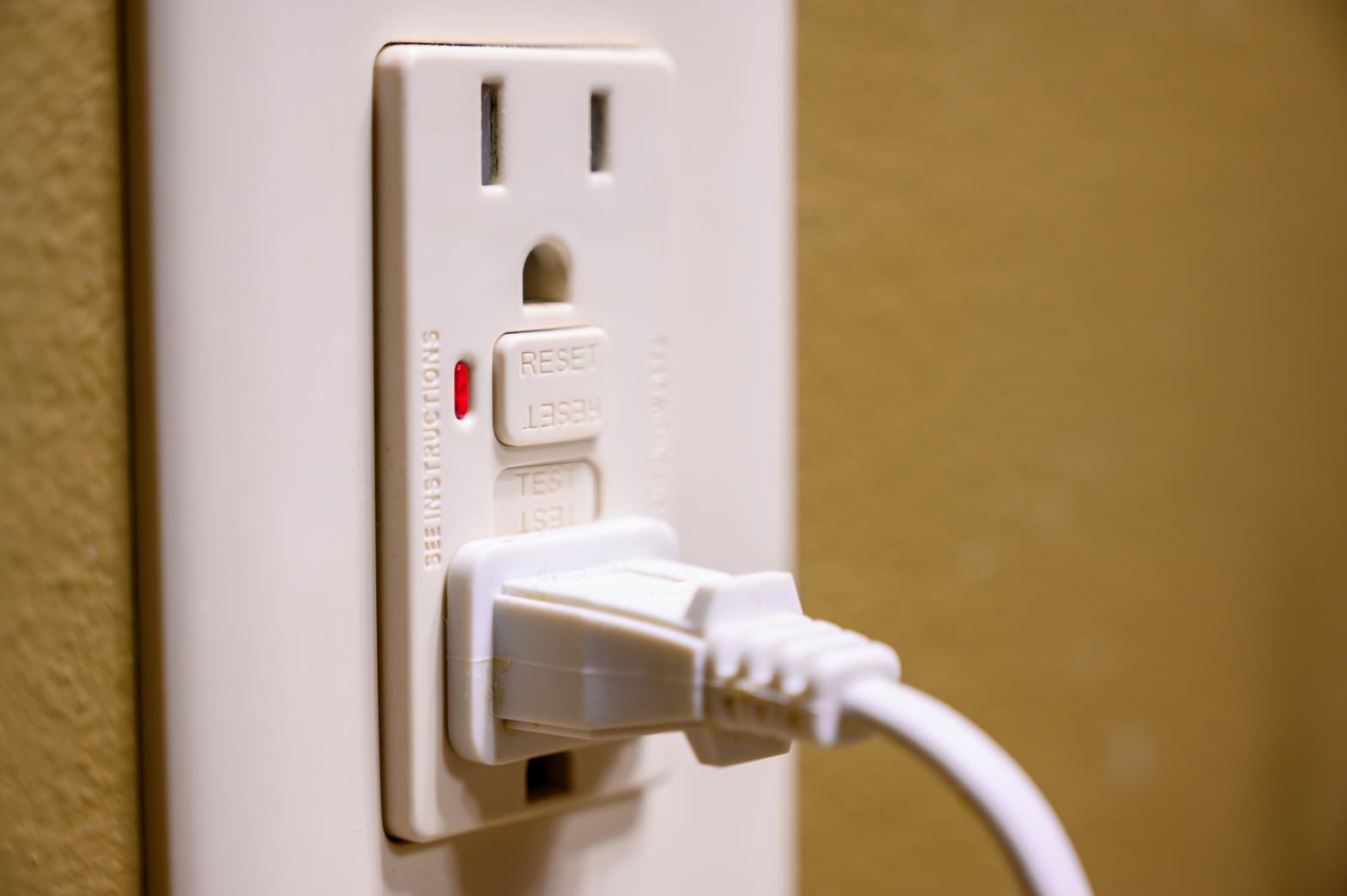Helping Prevent Electrical Incidents With Standards for GFCI Outlets

Every day, people plug in several household electrical devices to prepare breakfast, style their hair, and log in to work, in addition to many other daily tasks. Though commonplace, using electricity does not come without risks. According to The Electrical Safety Foundation International, more than 300 electrocution deaths occur every year and thousands more experience nonfatal electrical shocks and burn injuries. Many of these incidents are the result of ground-fault.1
What is a ground fault?
According to the Occupational Safety and Health Administration, “a ground-fault occurs when there is a break in the low-resistance grounding path from a tool or electrical system.” When this occurs, the “electrical current may then take an alternative path to the ground through the user, resulting in serious injuries or death.”2
Which ULSE standard covers ground-fault circuit interrupters?
Since the 1970s, the National Electric Code has required ground-fault circuit-interrupter protection for all outdoor outlets, as well as those installed in bathrooms and kitchen countertops, and within six feet of any bathtub, sink, or shower.3 Our standard, UL 943, the Standard for Ground-Fault Circuit-Interrupters, includes requirements for the function, construction, performance, and markings of Class A GFCI devices, which are common in households. Our requirements help to ensure that the GFCI devices trip quickly during the occurrence of a ground-fault, helping prevent an electrical incident.
How you can help
Our standards are developed through a consensus-based process, which integrates scientific and testing expertise with input from our technical committee members and stakeholders. TC members represent a variety of interests, including industry, academia, government, retail, and manufacturing. If you are involved in the construction, installation, inspection, sale, or use of ground-fault circuit interrupters, and you would like to help improve safety in your industry, please take a moment to learn how you can get involved.
- 1United States Department of Labor, Occupational Safety and Health Administration. n.d. “Ground-Fault Circuit Interrupters (GFCI).” Accessed Nov. 30, 2021. https://www.osha.gov/electrical/hazards/grounding/gfci
- 2Electrical Safety Foundation International. n.d. “Electrical Safety for Homeowners and Consumers.” Accessed Nov. 30, 2021. https://www.esfi.org/electrical-safety-for-homeowners-and-consumers/
- 3Electrical Safety Foundation International. n.d. “Ground Fault Circuit Interrupters – Your Protection from Electrocution.” Accessed Nov. 30, 2021. https://www.esfi.org/ground-fault-circuit-interrupters-your-protection-from-electrocution